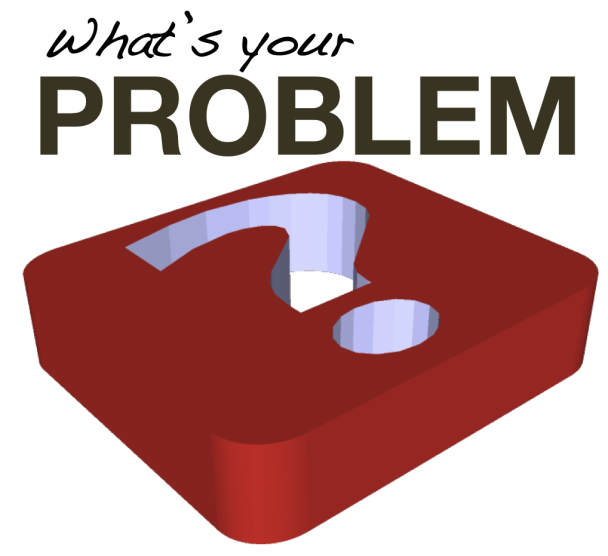Content note: This post references abusive celebrities, therapy after CSA, with brief mention of sexual assault and violence in nondescriptive terms.
I’m kinda done with the social justice term “problematic”, especially in the context of ” your fave is problematic.” This phrase is meant to evoke awareness. It’s a reminder not to idolize celebrities or activists, because we all fall short of perfect. And if it was confined to this general use, I probably wouldn’t feel so fed up.
But I’ve seen the word used to cover everything from verbal gaffes to sexual assault, and that makes it a far less useful concept. I’m not comfortable tainting the imperfect with association to the foul, and I’m even less comfortable minimizing real abuse by likening it to rudeness. This range of uses muddles just what exactly it means to call someone problematic.
A related conversation is usually about separating the art from the artist. To the extent that “everyone is problematic” we all have to do this to some extent. And nostalgia is a powerful influence. I love the old TV series Buffy the Vampire Slayer despite its racism, which is easier for me to do as a white non-Native, non-Roma person. I fast forward through cringe worthy scenes and episodes, but keep enjoying the rest, because it mattered to me when I was young and hurting.
But I won’t listen to David Bowie, Chris Brown, John Lennon, or the Beatles. I won’t watch Lena Dunham’s Girls or any Woody Allen movie. I won’t support Jared Leto’s career or defend Bill Cosby. I won’t support a living abuser, or an abuser with living victims. My desire to consume art doesn’t matter more than a survivor’s pain.
I feel like the too-inclusive umbrella term problematic flattens harm, erases the worlds between a misstep and violence. If everyone is problematic, then being problematic doesn’t mean much. It’s not a useful tool for measurement if it lumps us all in with rapists and abusers. And it can induce crippling guilt in those who don’t deserve it.
When I was a child attending group therapy sessions for girls seven to nine recovering from sexual abuse, the office across the hall was for Mothers Against Drunk Driving. In my mind there formed an indelible connection between child molestation and drunk driving, between pedophilia and alcoholism. It’s not terribly supported by facts but I can’t shake it.
Human minds are prone to such thinking errors and associations. When we put people with minor sins, areas for improvement, in the same category as the worst causes of human suffering, some of those worst people will feel absolved and some of the best will be overcome with guilt for harms they did not really cause. That guilt can turn to shame, which paralyzes rather than motivates.
I’d rather be descriptive, rather take the extra time and words to explain why someone is abusive, or simply imperfect, than use a fast and unspecific label that throws abusers and victims together as equal sinners. I’m kinda done with the word and its associated problems. “Problematic” is just too problematic for me.
